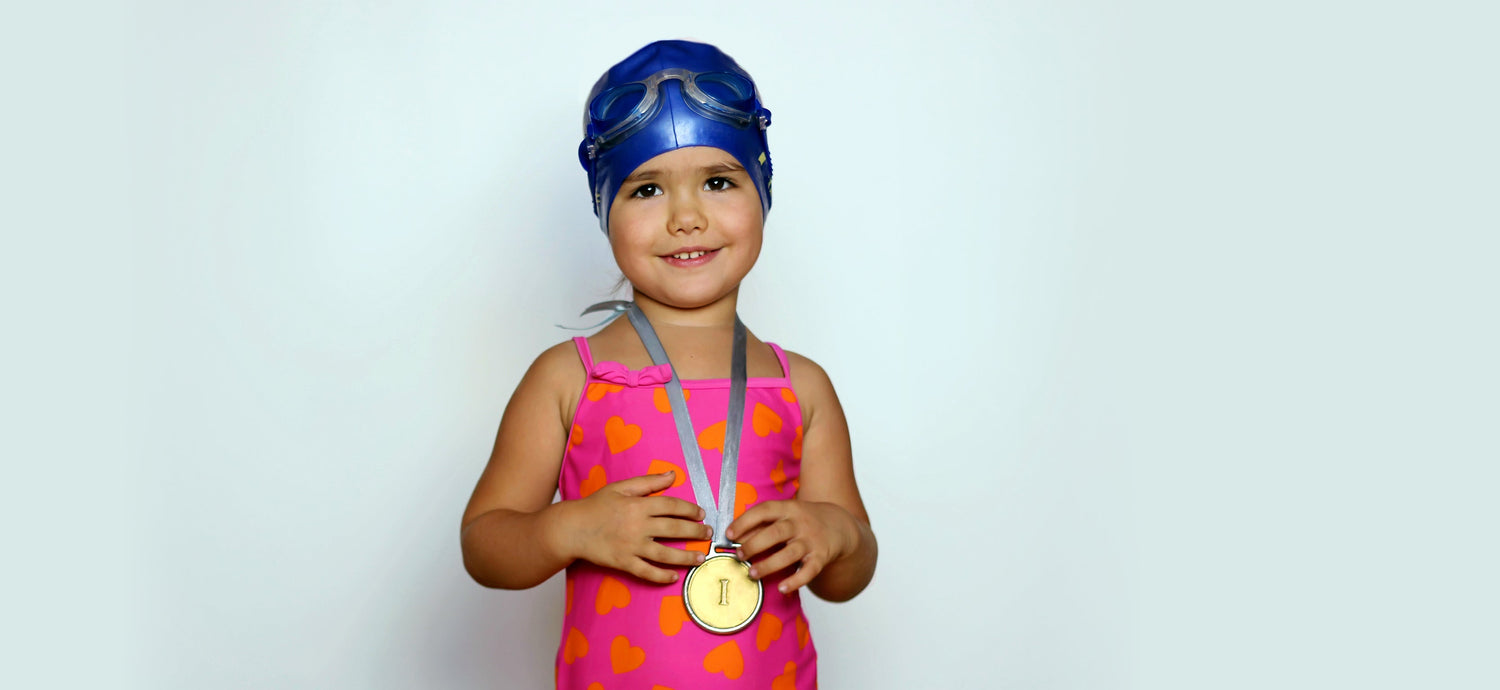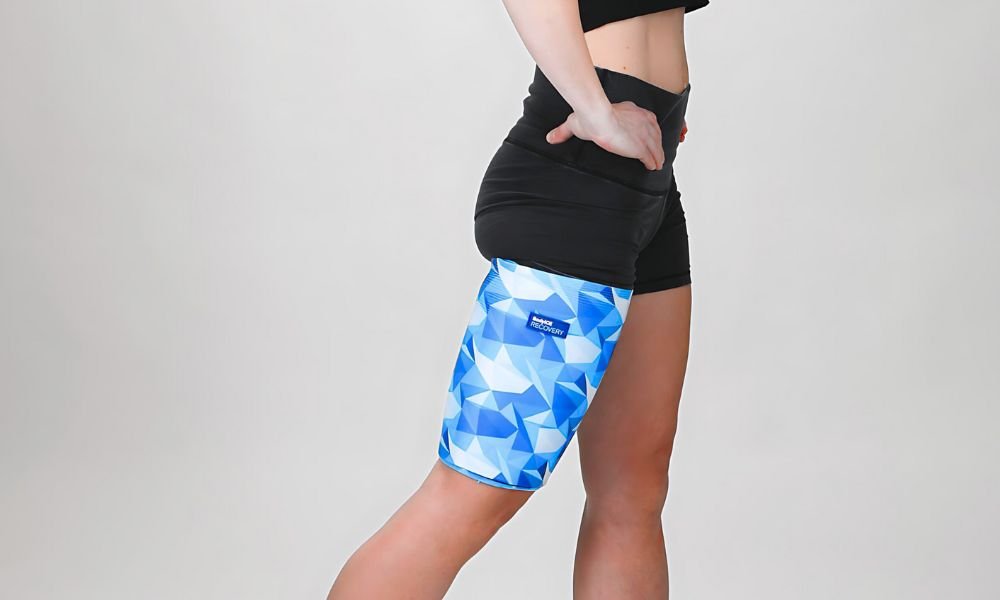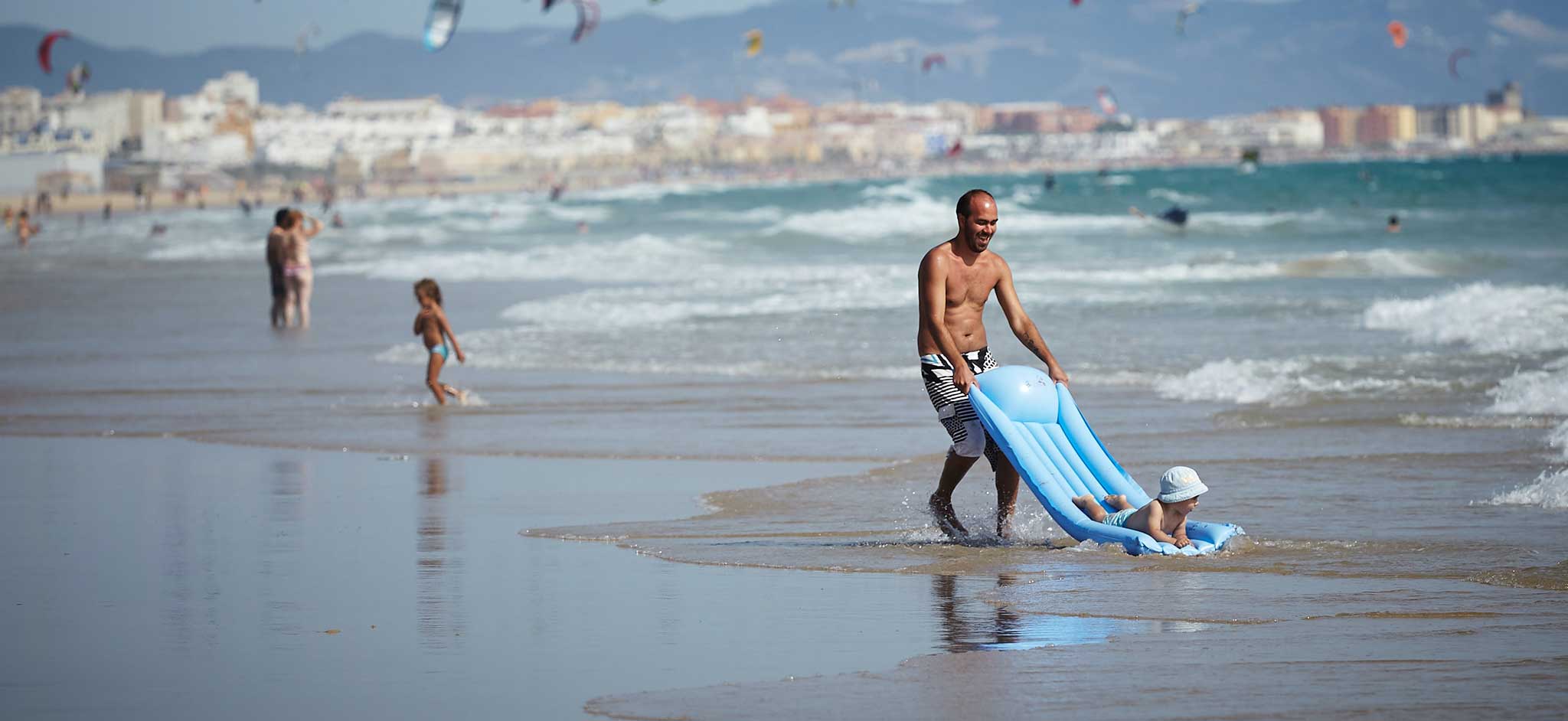Kids Competitive Sports – the Do’s & Don’ts for Parents
This exciting stage in your child’s life as they enter competitive sports and a milestone in your own life of passing the gauntlet down to your child can be an overwhelming experience.
As you go from former (high school at best) athlete to tennis practice transporter, you’re not responsible anymore for bringing the pain nor the gain but simply bringing the orange slices for halftime—and we understand that’s an adjustment.
Transitioning to being the soccer mum or dad can be an enjoyable experience, however, it can also be overwhelming, especially if you’re a competitive person. Fortunately, you’ve already taken the first step in maturing as a parent and helping your child mature as well: by encouraging your child to sign up for sports.
Learning how to and getting used to an active lifestyle at such a young age will help them develop healthy habits that will last well into their adulthood. It can also teach your child valuable lessons, from teamwork and camaraderie to overcoming adversity despite the challenges that may face them.
However, there’s always the possibility that it might be taken too far! Youth competitive sports can instil too much competitiveness and burn out your kid before they even get into the more advanced stages.
Fortunately, this is where your role as a parent comes in: not only focusing on development but also finding this balance between developing skills, being competitive and having fun.
Especially if your child is particularly gifted in a certain sport (or all of them!), it’s sometimes hard to not push them a little to see how far they can go. However, there’s a very fine line between encouraging your child to get better and promising an Olympic career out of them—so you have to learn how to develop that healthy balance.
The goal here is ultimately for your child to grow into their sport and into themselves as happy, healthy, and confident young athletes. Regardless if they decide to go on with the sport or not, it’s important that they have a positive experience from their youth athletic career.
To help you along the way—especially if you’re new at being the team mum or dad—here are some parent “dos and don’ts” that can help you get the most out of the sports experience—for you and your child.
Do’s
- Equip Your Child: This isn’t the pros and you don’t have to give away your hard-earned money on top-of-the-line quality. However, buying last minute cheap equipment that doesn’t even fit your child isn’t the best idea either. Especially since loose-fitting or too-tight equipment can cause injuries, it is important to have your child try most of the gear on before you purchase it. Doing this before tryouts or season starts is a great time—before they are all out of stock!
- Mentally Prepare your Child for a Win or Loss: Giving your child “the talk” in this situation has nothing to do with birds nor bees. This means taking the time to instil a sense of good character in them so that no matter if they win or lose, they still practice good sportsmanship and ultimately remember to have fun.
- Invest in an Icepack for Knocks and Bruises: It’s going to happen eventually—especially if your child has signed up for a contact sport. So, it’s best to be prepared before they happen. For the best icepack to fit all your needs, we suggest BodyICE Kids gel packs and BodyICE Recovery Small Universal.
- For kids up to 8 years old: BodyICE Kids gel packs. They provide natural, soothing relief for bumps and bruises. They also come with a handy strap to hold them in place. You can find them HERE
- For kids 5 years old and up: BodyICE Recovery Small Universal. It is an ice or heat pack that works on injuries fast, fighting pain and inflammation. It comes with a velcro strap, which allows for a customized fit and comfortable compression. You can find them HERE
- hereTeach Sports Etiquette: As we mentioned before, character isn’t a nature vs. nurture debate—you have to teach your child how to practice good sportsmanship. This is something that should be taught at a young age so that it has a good chance of being carried along with them in the future.
- Positive Support and Encouragement: Bottom line—they’re children! It’s important that you offer them support and encouragement regardless of how good or bad they play. Laying down that support foundation is important from early on.
- Ensuring your Child knows Safety Basics: Teaching them very simple concepts that are tied to first aid like band-aids, cleaning a cut, etc., will help them when you least expect it. It’s a good thing to know that they are a little aware of what to do in case of an emergency or injury.
“Don’t”s
- Don’t Be Late: Not only will this create a negative environment for the coach, teammates, you, and your child, it will also set a poor example. Giving you or your family enough time to get to the sporting facility helps create good habits for your kid, allows them the opportunity to have the full length of the game or practice to play, and will create a good relationship with their coach and teammates.
- Don’t be Aggressive to the Other Team: Or to the other team’s parents, for that matter. It’s easy to get heated in these situations—especially since your child is involved. However, mouthing off the referee is setting a bad example for your kid and bottom line is: it’s just a game.
- Make Negative Remarks: Also along the line of being a bad example, making negative remarks about your child’s own teammates and coach (not just the opponent) can embed a negative view or opinion without them even realizing it. Kids are like sponges—so be careful what you say—it’s okay to dislike Molly’s mum and Molly by association—but don’t let your kid know that!
We hope that this has helped you get an idea of how to find the perfect balance between being a competitive soccer mum (or whichever sport your child may choose) and still being a good example for your child. The balance is crucial but when it’s just right—it gels (like BodyICE Kids gel packs!)






Leave a comment
All comments are moderated before being published.
This site is protected by hCaptcha and the hCaptcha Privacy Policy and Terms of Service apply.